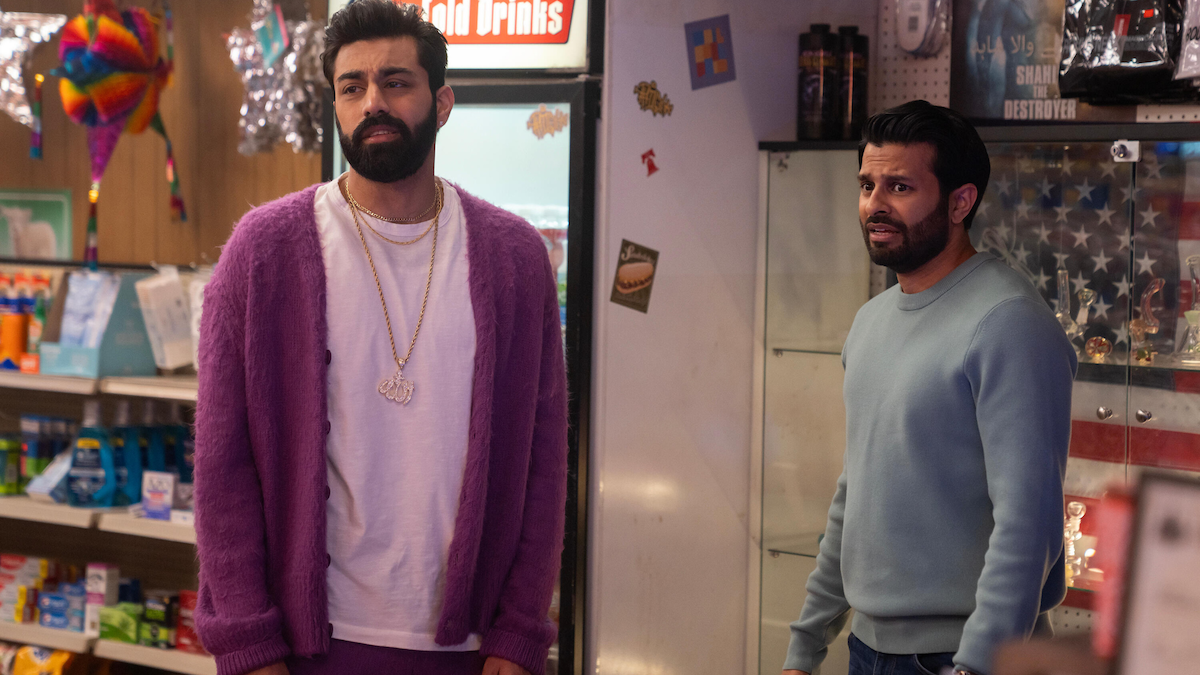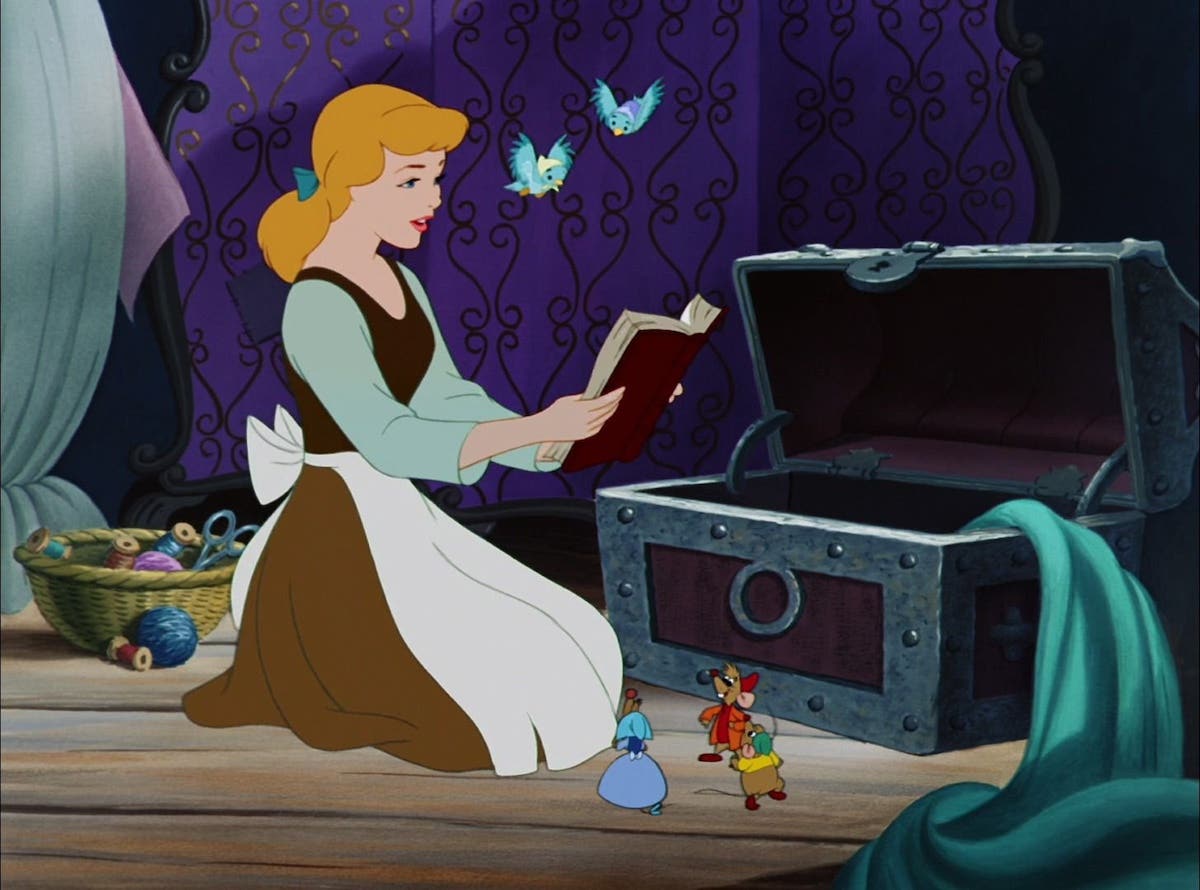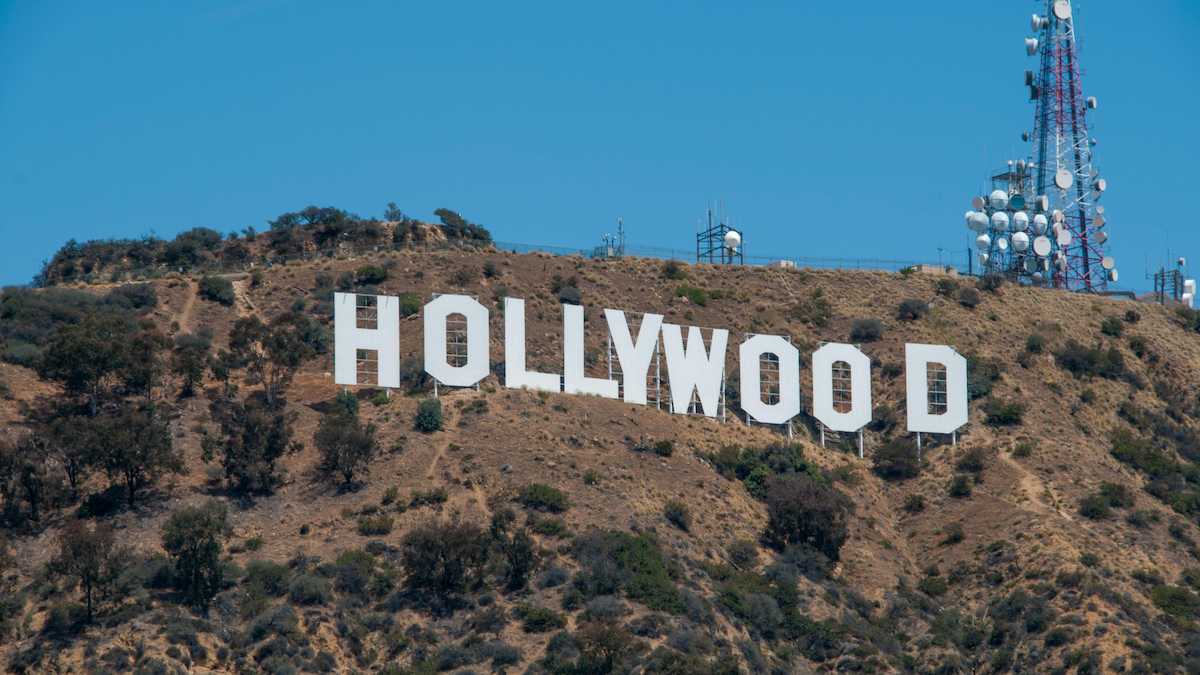WRITERS’ ROOM 101: TV Episodes – Yours, Mine, and Ours
In today’s “Writers’ Room 101,” TV writer Eric Haywood explains why writers’ TV episodes aren’t necessarily always theirs.
Eric Haywood has spent over a decade writing for network and premium cable television series including ABC’s Private Practice, Showtime’s Soul Food, NBC’s Hawaii, and the Fox drama Empire. Follow Eric on Twitter at @EricHaywood.
When is your episode not your episode?
Okay, that was sort of a trick question. Because once your showrunner announces that you’ll be writing a particular episode, it’s considered “yours” from that point forward. The other writers will repeatedly refer to it as yours. So will the cast and crew. And you, in turn, will quickly get accustomed to calling both the script and the finished episode “mine.”
So the correct answer is, your episode is always your episode.
Except when it’s not.
Let me explain.
At some point, the show you’re writing for will be knee-deep in production. As one episode is being filmed, the next one is being prepped, a few others are making their way through post, and several more are in various stages of the writing process. With all those episodes being juggled simultaneously, it can get a little tricky keeping track of them all, so having an easy way of telling them apart can be a real time-saver both inside and outside the writers’ room.
You and the other writers will find yourselves constantly referencing this episode or that episode as you track the progression of your show’s various storylines throughout the season. Most often, an episode will simply be identified by its number (“episode 110,” for example, being the tenth episode of the first season…and sometimes you’ll just call it “episode 10,” with the season number implied). Alternatively, episodes can be referred to based on some memorable plot element that the story contains (“the one where the main character’s father dies” or “the one with the bank robbery”). And yet another way to remember which episode is which is to identify them by the writer who’s been assigned to write them. If that writer is you, like I said, the episode will commonly be called "yours."
For example, one day you might find yourself chatting with a member of the show’s cast, and they’ll be kind enough to say, “I really loved shooting your episode!” Or in the writers’ room, someone might get briefly confused and ask, “Wait…which episode is the nuclear power plant meltdown?” and you’ll confidently reply, “That happens in mine.” And so on. You get the idea. It's your episode by virtue of the fact that the script bears your name. Now, if this seems to contradict what I said in a recent post about every television show being a collaboration…well, that’s because it does.
Sort of.
Let me explain.
The main lesson here is this: all these different descriptors are simply being used for purposes of identification. That's all. Referring to an episode by its number or by a memorable scene or plot twist is little more than a shorthand way of distinguishing between episodes so that conversations about the show can move forward without losing steam. And with that in mind, you should not allow yourself to believe that because everyone calls an episode “yours” that you suddenly have more control over its content than the other writers, cast or crew. That’s never the case.
And this is where it gets tricky, because although TV is indeed a writer’s medium, every time you write a script, or pitch an idea, or contribute to the show in any way, you’ll have to do it with the understanding that said contribution is both yours and not yours. It belongs to the show. That’s why you get paid the big bucks (well, not right away, but eventually…). So when it comes to writing your scripts, you’ll have to balance being proud of the draft you turned in with being flexible enough to accept that there’ll be things in the finished episode that frankly, you had nothing to do with. And yet it’s still “your” episode.
For starters, you’ll be rewritten long before a single frame of footage is shot. It’s expected that the showrunner will take a pass with your script (this could be anything from a minor tweak to a page-one rewrite, but it’ll most likely be somewhere in between), and once the crew’s various department heads weigh in, their logistical concerns will often lead to further rewrites that most likely won’t be performed by you.
And then there’s production itself. During filming, sometimes an actor will ad-lib a great line that you never would’ve come up with in your wildest dreams. Later, in post-production, some scenes will be edited in ways that differ from what you originally wrote, and other edits will unquestionably improve what you put on the page. Long story short, any episode of television you ever write will contain something – big or small – that didn’t actually come from you, yet it’s still called “yours” just to make life easier for everyone involved. All of this brings us back to the idea of every show being a collaboration; your script may have been the starting point, but the episode itself quickly became the sum of your whole team’s combined efforts.
You might find it a little disingenuous calling your episode “mine” when you know that some killer line of dialogue was actually supplied by the actor, or that the overall pacing of the episode drastically improved thanks to your editor’s insistence on cutting a scene that was slowing the story down. But don’t worry; this is a generally accepted practice because, as I’ve said many times in this post, calling an episode “yours” or “mine” isn’t regarded as you attempting to soak up all the credit; it’s simply a way of acknowledging you as the original writer and, more importantly, telling one episode from another. Just don’t go out of your way to claim credit for things that were specifically not your ideas. To the contrary, you should always acknowledge the contributions others made to "your" episode. Because at the end of the day, you can rest assured that the showrunner and other writers will know what was really yours. They’ll know if you did a great job writing the script...and they’ll also know if you didn’t. That’s the part that truly has an impact on your career over the long haul.
Ultimately, for the inexperienced writer, calling an episode “mine” can lead to a false sense of ownership. And that’s a trap you don’t want to fall into. Personally, I’ve found that the best thing to do, whenever someone calls an episode I’ve written “mine,” is to immediately think of it as “ours.” Because the episode doesn’t just belong to me; it also belongs to the showrunner, the writing staff, the director, the cast, the crew, the studio that paid for the damned thing, and the network that put it on the air.
I don’t do that to be humble, or because it’s good karma, or whatever. I do it because it’s true.
- More articles by Eric Haywood
- Writers' Room 101: Writing and Rewriting Your Episode
- Writers' Room 101: Pitching in the Room
- Free TV Pilot Kit Download
Learn from television writers in
Inside the Room: Writing Television with
the Pros at UCLA Extension Writers' Program
TV Writers’ Room 101 by Eric Haywood: If you’ve ever wondered what goes on inside a television drama writers’ room, look no further. “Inside the Writers’ Room” will pull back the curtain and show you how “the room” functions, how ideas get pitched and stories get broken, how the writer functions on set when an episode he or she has written is being filmed, and more. This column is geared towards writers who are either actively seeking to break into television writing or have already landed their first job on staff and could use a little help navigating the unspoken do’s and don’ts. Twitter: @EricHaywood





